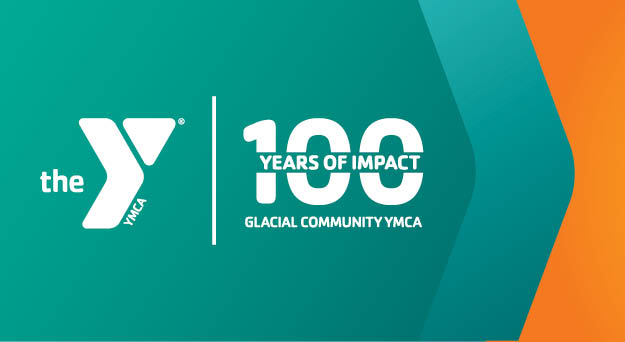Sara Dow is a ACE Certified Weight Management and Fitness Nutrition Specialist. She is also a ACE Certified Personal Trainer and Small Group Trainer at the Y. Twice a month, her blog posts will feature nutrition education, a healthy recipe she has tried and loves, and tips to help you achieve your health goals, as well as answers centered around a nutrition question from a Y member.

A 2021 poll conducted on behalf of the Samueli Foundation found that 29% of Americans now take more supplements than before COVID.
While dietary supplements used under the direction of a physician or registered dietitian nutritionist (RDN) may provide health benefits, there are potential risks, including toxicity due to overconsumption and adverse interactions between dietary supplements and medications.
The Harris Poll found that 76% of Americans report taking at least one dietary supplement, but only 46% have asked their physician about possible supplement-medication interactions.
Here are some of the most common interactions.
Vitamin E can increase anti-clotting activity and cause an increased risk of bleeding when taken with a blood-thinning medication such as warfarin (Coumadin).
Ginseng can interfere with the blood thinning effects of warfarin (Coumadin) and increase the bleeding effects of heparin and nonsteroidal anti-inflammatory drugs such as aspirin, ibuprofen, and naproxen.
Ginkgo Biloba taken in high doses can decrease the effectiveness of anti-convulsant therapy in patients taking seizure control medications such as Tegretol and Depakote.
St. John’s Wort can reduce the effectiveness of the heart failure and atrial fibrillation drug digoxin (Lanoxin) as well as the cholesterol-lowering drug lovastatin (Mevacor) and erectile dysfunction drug Viagra.
For more information about supplement-medication interactions, check out the FDA Tip Sheet for Dietary Supplement Users.
Just because a substance is found in nature does not mean it is safe.
If you are one of the 29% of Americans who recently added a dietary supplement to your diet, have a conversation with your physician or RDN about possible drug interactions and whether there is a risk of toxicity at high levels of intake.
If you are a health care provider or RDN, ask your clients about supplement changes. 37% of those polled didn’t think their provider would be interested in this information!
If you have an elderly loved one with a cabinet full of dietary supplements, help them compile a list with the name and dose of each and provide it to their physician or RDN at the earliest opportunity.
To find up-to-date information about supplements, visit the National Institutes of Health Office of Dietary Supplements.
Keep in mind that no supplement can match the health benefits of a well-balanced diet.
The USDA MyPlatePlan, based on the 2020-2025 Dietary Guidelines for Americans, provides free tools to assist in developing a healthy dietary pattern that incorporates a variety of colorful fruits and vegetables, lean meats and seafood, whole grains, low-fat dairy products, legumes, nuts, and seeds.
Following a healthy diet is the best way to ensure a balanced diet containing all the nutrients needed for growth and good health.
About Sara Dow

Hi, I’m Sara and I am passionate about helping people improve their quality of life through the knowledge and practice of good nutrition.
In 2018, I was inspired by the YMCA community to go back to school and pursue my dream of becoming a registered dietitian. I am now in my senior year, double majoring in Nutrition and Dietetics at Kansas State University. I am excited to share with you what I am learning.
![[Glacial Community YMCA LOGO SQ]](https://recliquecore.s3.amazonaws.com/imgs/ymca_logos/named_y/blue_purple.png)
![[Glacial Community YMCA LOGO FULL]](https://s3.amazonaws.com/recliquecore/imgs/ymca_logos/named/blue_purple.png)




